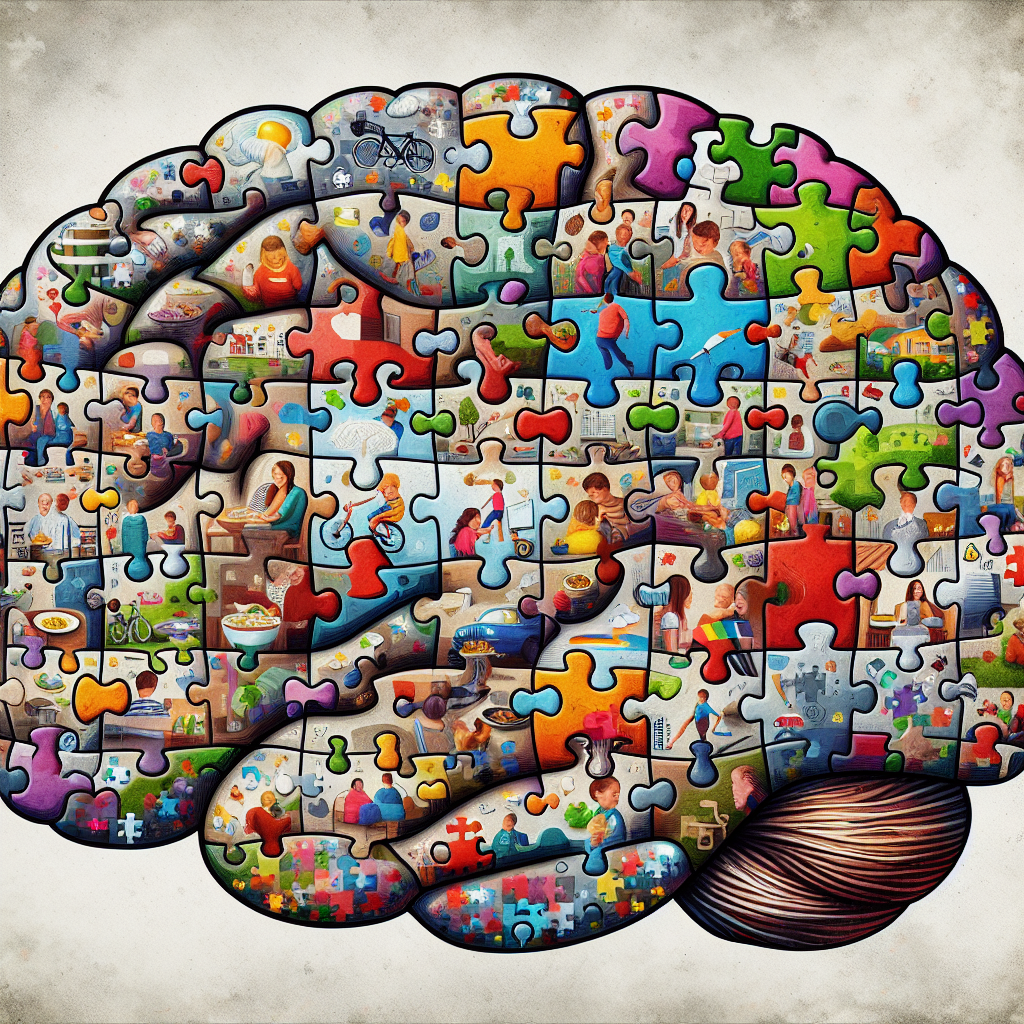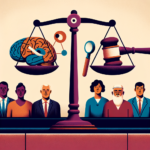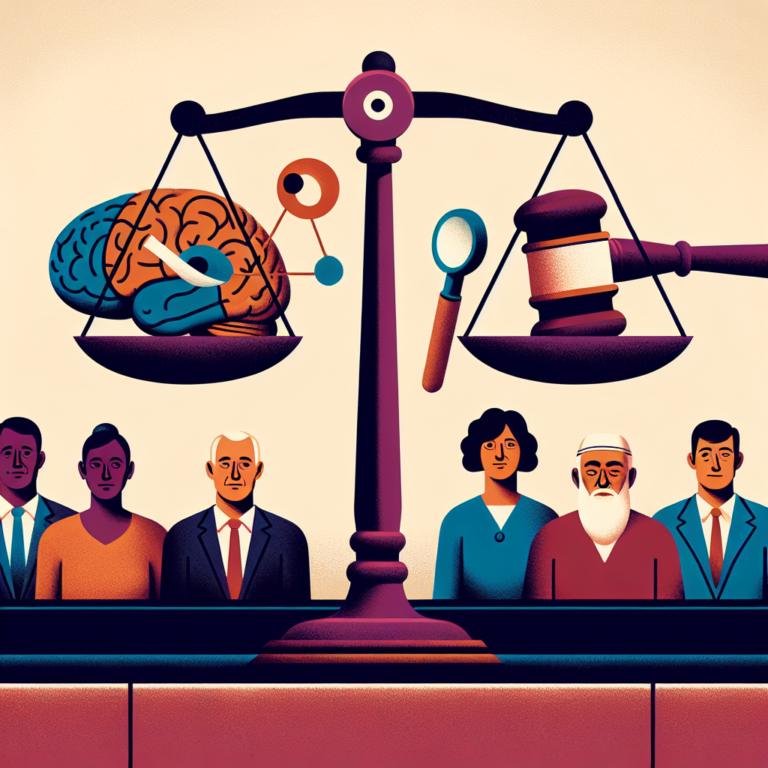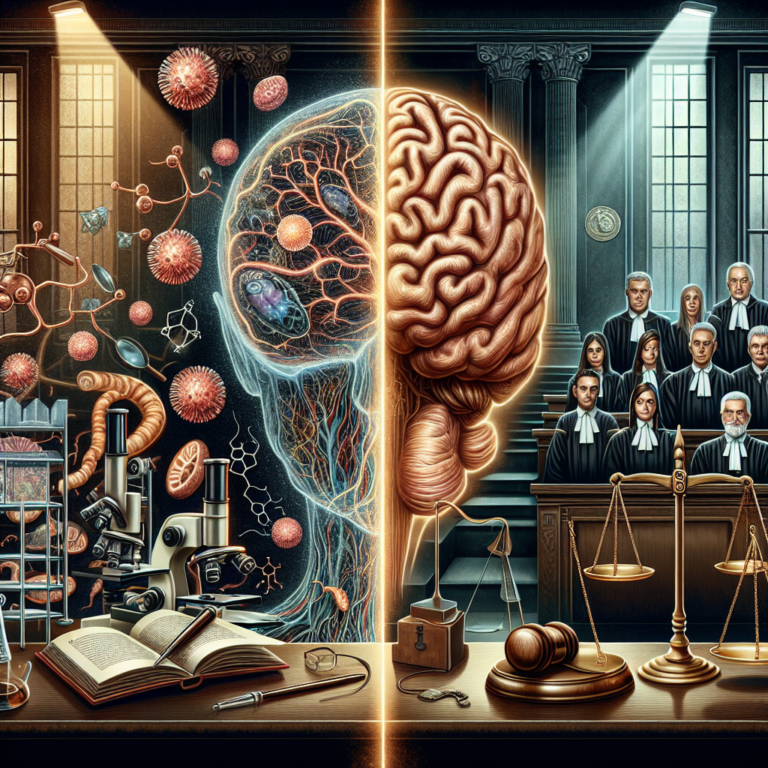
Introduction
Imagine recalling a cherished childhood moment only to discover, years later, that it never happened. This jarring realization might leave you exposed and vulnerable, revealing the complex fabric of human memory. False memories are not just curious anomalies of the mind; they are essential keys that unlock secrets about how we construct our realities. In this article, "False Memories: How Our Minds Create Fabricated Narratives," we will delve deep into the mechanisms of memory formation, examine compelling case studies, and explore the profound implications of fabricated narratives.
The Nature of Memory: A Complex Construct
Understanding Memory Formation
Memory is often likened to a recording device, yet it’s more akin to a highly adaptable narrative generator. Our experiences shape neural connections, but these connections are subject to interpretation, distortion, and even invention.
- Encoding: The first step where information is processed and transferred to storage.
- Storage: Where memories are retained for future use.
- Retrieval: The act of recalling information, which is often influenced by context and emotions.
The Role of Context
Memories are not isolated; they exist within contexts that infuse them with meaning. For instance, two people may witness the same event but recall it differently due to varying emotional states or perspectives at the time.
The Science Behind False Memories
What Are False Memories?
False memories can be defined as recollections of events that either didn’t occur or are exaggerated versions of actual events. Research by cognitive scientists reveals that our memories are malleable, susceptible to suggestions, and easily influenced by external stimuli.
Psychological Theories
The DRM Paradigm: This research model demonstrates how individuals can easily recall related but non-existent words, illustrating how our brains fill in gaps with plausible information.
- Misattribution of Memory: Sometimes, we attribute a memory to an incorrect source, leading us to believe we witnessed something we only heard about.
Case Study: The Lost in the Mall Study
In this landmark study by Elizabeth Loftus, adults were asked to recall events from their childhood, including a fabricated incident of getting lost in a mall. Surprisingly, many participants recalled elaborate details of the event, showcasing how suggestive questioning can implant false memories.
Analysis: The Lost in the Mall study underscores the power of suggestion and demonstrates how easily our memories can be manipulated, raising questions about the reliability of eyewitness testimonies in judicial settings.
Real-World Implications of False Memories
Legal Consequences
The ramifications of false memories extend into the legal system, where eyewitness accounts can dramatically sway jury decisions. The concept of "False Memories: How Our Minds Create Fabricated Narratives" directly applies here, as courts grapple with the challenge of distinguishing between genuine recollections and misleading memories.
Case Study: The Ronald Cotton Case
Ronald Cotton was wrongfully convicted of rape based on mistaken eyewitness identification. Years later, DNA evidence exonerated him, revealing how powerful yet inaccurate memories can be.
Analysis: Cotton’s case emphasizes the necessity for judicial systems to consider the fallibility of memory. As mental processes can create fabricated narratives, reliance on eyewitness testimony alone can lead to devastating consequences.
Clinical Applications
Therapists sometimes encounter false memories in clients, particularly regarding traumatic experiences. Understanding the mechanics of memory construction can help clinicians differentiate between genuine memories and those potentially influenced by suggestion or therapy.
Overcoming False Memories: Strategies for Awareness
Education and Training
Awareness is the first step in combating the pitfalls of false memories. Training programs for mental health professionals and legal practitioners can improve understanding of memory’s complexities.
Mindfulness and Reflection
Practicing mindfulness can enhance our metacognitive abilities, enabling us to reflect on our memories critically. By recognizing the fallibility of our recollections, we can approach them with greater skepticism.
Conclusion
In summary, the journey through "False Memories: How Our Minds Create Fabricated Narratives" reveals the fragility of our recollections. Understanding how we construct these narratives not only enriches our appreciation of human psychology but also prompts us to approach our memories with caution and curiosity. As we navigate our lives, let us remain ever mindful of our mind’s capacity for distortion, allowing us to forge a deeper connection with our truths.
FAQs
1. What exactly are false memories?
False memories refer to recollections of events or details that are inaccurate or distorted, and they can occur without the individual realizing their inaccuracy.
2. How are false memories formed?
False memories are often formed through suggestive questioning, leading questions, or the incorporation of information from external sources that distort the original memory.
3. Can false memories have legal implications?
Yes, they can significantly impact legal cases, particularly through eyewitness testimonies, which can result in wrongful convictions based on inaccurate memories.
4. How can I identify if I might have a false memory?
Reflect on the context in which the memory was formed. Inconsistencies or vivid details that don’t align with other known facts can be indicators of a false memory.
5. Is it possible to correct false memories?
While it may be challenging to erase false memories entirely, becoming aware of their existence and discussing them with professionals can aid in developing a clearer understanding of one’s actual experiences.
In exploring "False Memories: How Our Minds Create Fabricated Narratives," we have unveiled not only how our memories can deceive us but also how understanding this phenomenon can empower us. Engage with your memories, seek the truth, and nurture a mindset that values inquiry over assumption.

















